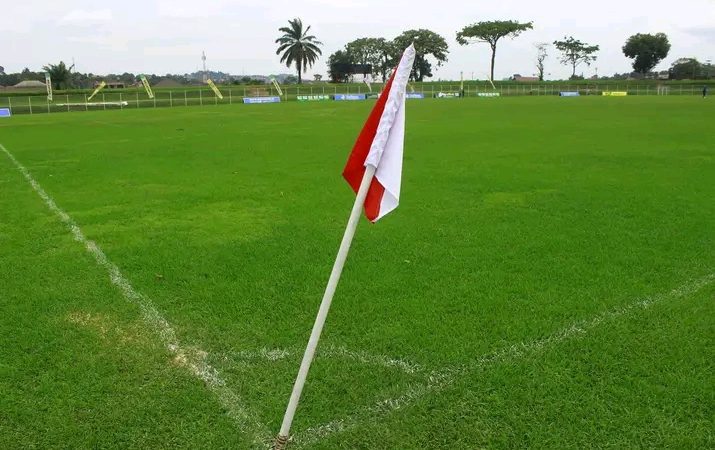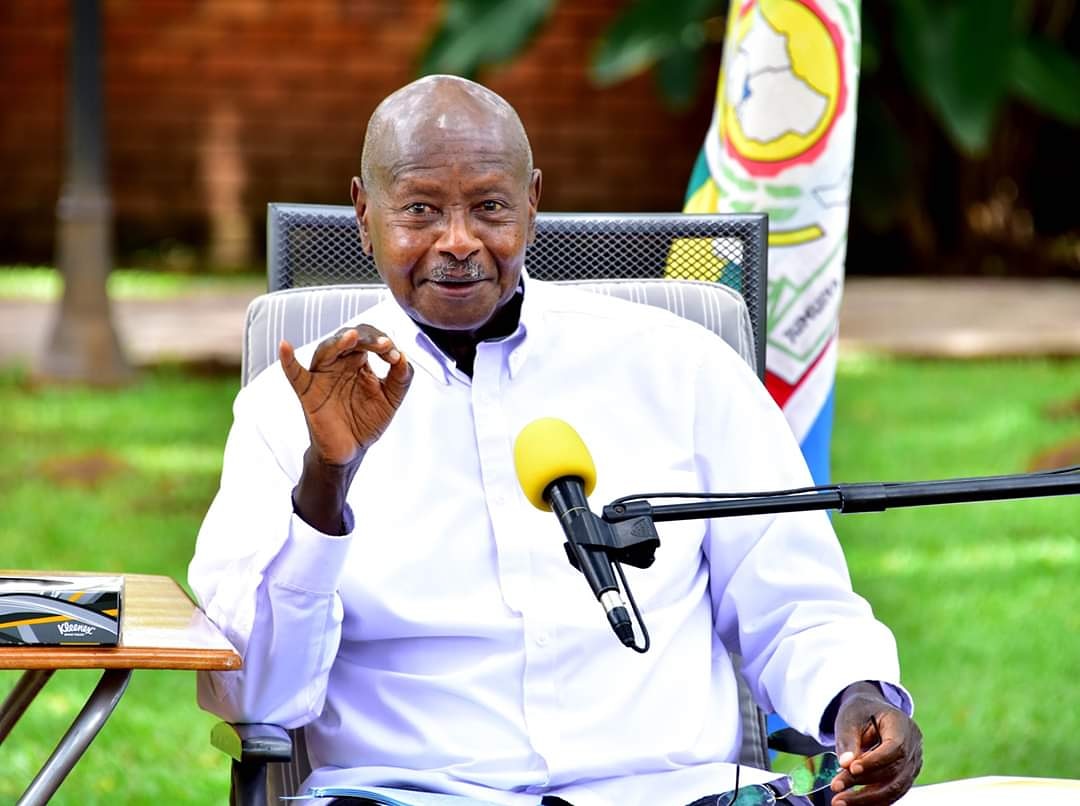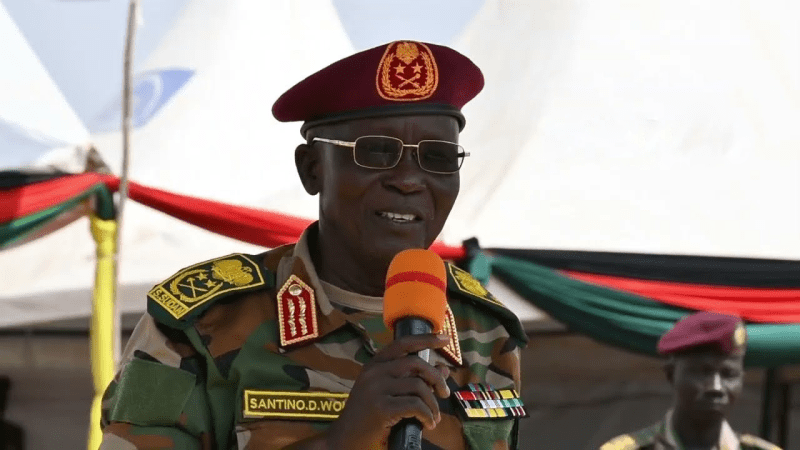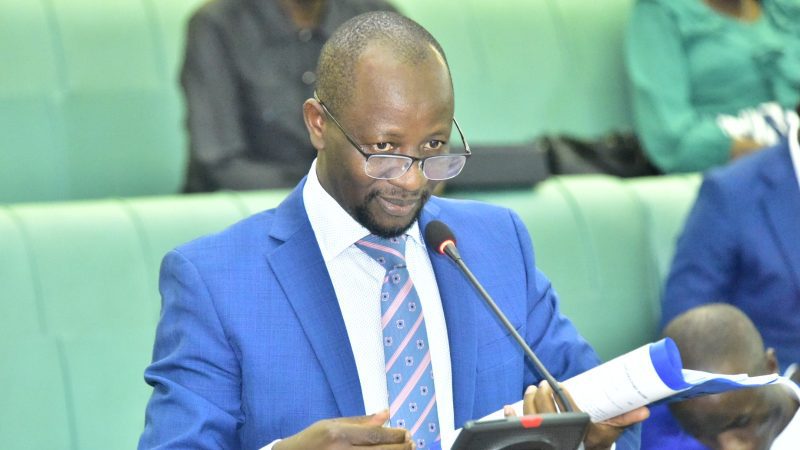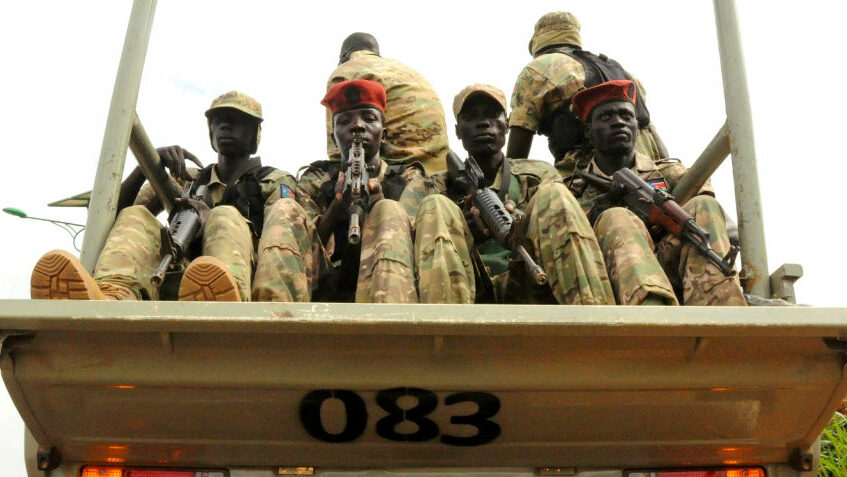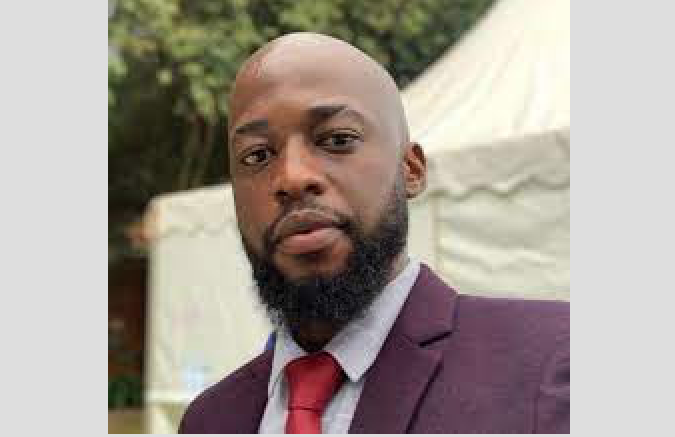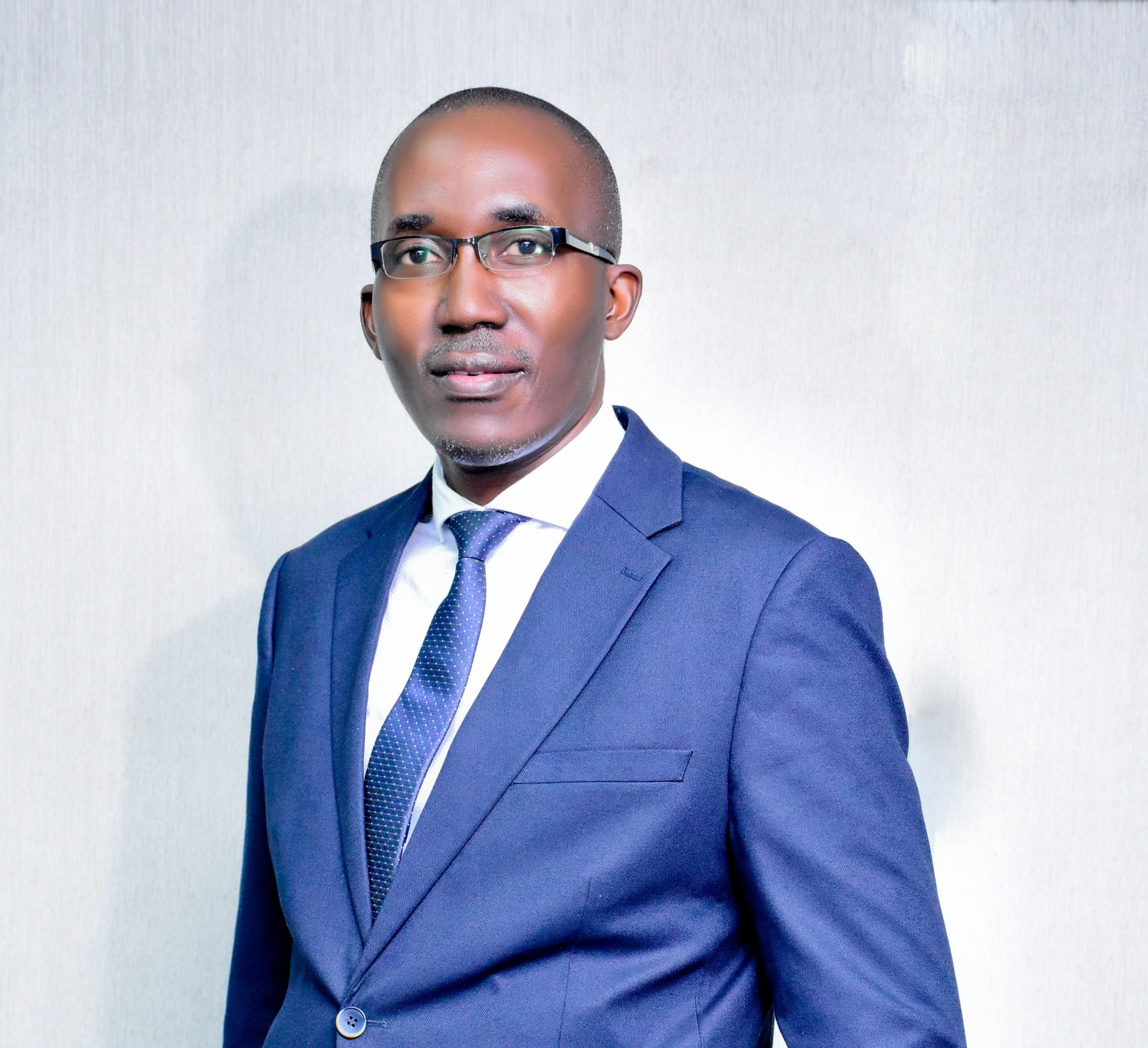By: Deng Vanang
The 2023 election in South Sudan as provided for in the ailing R-ARCISS and as is the case in the already abrogated peace deals of yesteryears is aimed at stabilizing, reconciling and getting the country out of the gridlock of wrangling politicians over mundane matters of power sharing trappings and substantive democratic reforms agenda.
It is equally and supposedly credible in order for a popular and undisputed leader to prevail with resultant effect of spelling doom to the dragging eight years’ devastating conflict.
On the above, two important queries crop up as to why Kiir is suddenly overboard about the election he has been spilling innocent blood in dodging for the last eight years and whether or not the 2023 election from his own perspective shall live up to its mandatory billing.
In sum and in ramming through the legal logjams set before the scheduled date of the election, Kiir in his distorted view believes he successfully crashed into an oblivion his opponents who could have been an obstruction eight years ago had the election taken place.
Seeing himself run out of opponents, it is therefore high time for him to flung back into the ring to win, he opines.
Kiir is not alone in this wear and tear game of wits. He considers himself one of the cleverer African green Khaki big boys in the neighborhood and beyond gifted with the knack of neatly repackaging to bounce back to the stage out of which they were once ideologically driven.
All thanks to an onslaught of fire-breathing band of human rights crusaders, negative media coverage, opposition politicians gatecrashing into the power elite inner sanctum and donors fatigued by state sanctioned corruption.
The election, in this case, is thus more of a five-year- ritualistic cycle for a relatively dynamic despot to retool than an harbinger to reboot heavily vices-clocked governance system.
Similarly, the ritualistic electoral cycle provides an opportune time for them {incumbents} to renew broken promises of the past elections and refurbish their bartered legitimacy on the crest of a false new dawn.
The trojan horse, the dictator’s choreographed election has become, is probably allowed to take place on three fertile political grounds favoring them.
Which could be that the incumbent dictator has run out of tricks and space to postpone the election through deliberately orchestrated violence.
When the donors hinge promises for more funds on conducting new elections for future hard currency inflow.
Or the dictator is to wave off ferrous rebel advance with what he calls popular mandate recently ill-acquired from fraudulent election results.
From the same old and tested trend President Kiir took the cue with unlikely success as political trajectory is too unfamiliar this time round to continue riding roughshod on visibly agitated tired and usually unthanked donkeys, the South Sudanese masses who won’t longer condone his survivalist antics.
For If he thinks he has monopoly of muscles, the radical internal opposition too has the legal mind to reverse his electoral gains by just setting up shop at East African court in Arusha, Tanzania even before election kicks off with the following 15 – point- bottleneck to cite that obviously obstructs his long march back to the state house cum Juba one:
• No feasible peace agreement that unites the opposing ruling classes around a singular objective.
• No unified security forces to protect opposition contestants in the campaigns and safeguard votes from fraud during the election.
• No enabling environment for reconciliation and forgiveness made possible among the divided civil population and rival factions to read from the same script.
• No countrywide disarmament to wrestle destabilizing guns from illegal and dangerous handlers.
• No constitution that sets a clearer, united vision for nation-building to pave the country’s departure from its messy past.
• No census as declared by Kiir to determine the number and age group legally qualified to vote.
• The would be voters are unwilling and largely living in neighboring countries and fearing to return home and vote.
• Registration of would-be voters in a country still boiling and reeling in revenge killings, civilian and political violence is utterly impossible.
• Lives of election officials and monitors will surely be at risk of either targeted or crossfire of warring factions.
• Institutions manning the exercise are filled with and controlled by Kiir’s loyal appointees right from the electoral commission to political parties’ council and judiciary legally slated to certify the authenticity of an election outcome.
• There won’t be an atmosphere so conducive for political parties and candidates to hold National Delegates Conferences {NDCs} in Juba and register for the election. Instead, in a sheer political survival most of them will back the status quo of a single horse in the election race called Salva Kiir Mayardit.
• The country is politically charged, regionally and ethnically polarized for so many political parties wishing to participate in the election to get more than 500 delegates in their NDCs from 7 out of the country’s 10 constituent states as demanded by current interim constitution {2011}.
• South Sudan elections are traditionally held in dry season since the independence of the Sudan in 1956 which exactly coincide with usually deadly Murle cattle rustling activities and subsequent reprisals from the victims that are more than enough to enfranchise most of Jonglei and Upper Nile States’ voters from voting, effectively throwing the credibility of the election into jeopardy.
• The government has no money to pay its employees salaries worth less than 10 million US Dollars let alone funding a billion United States Dollars’ election and any donor agency to weight in to pay the bill shall be doing nothing short of exacerbating violence in the country for which it will be held squarely responsible.
• Election won’t be inclusive as required as many rebel groups shall by the time of conducting election be roaming the bushes and threatening capital Juba.
Deng Vanang is UDRM/A’s Deputy Chairman and member of SSOMA’s Leadership Council
Reachable at: dvanang@gmail.com


